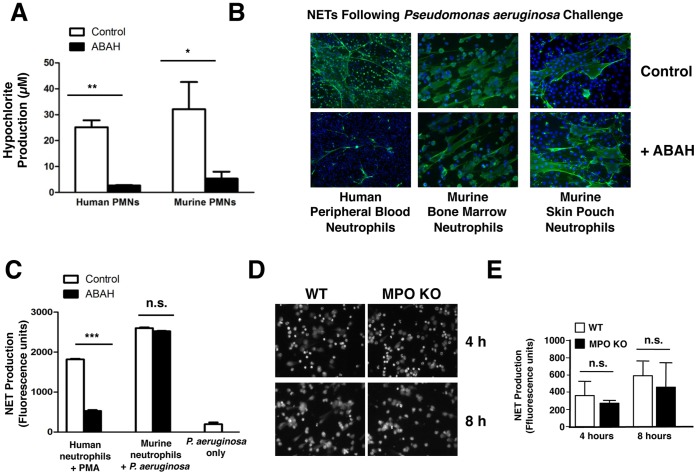Figure 4. Differing roles of myeloperoxidase (MPO) in human and murine NETosis.
(A) The pharmacological agent ABAH inhibited MPO in both human, and murine bone marrow-derived neutrophils, as evidenced by significantly decreased MPO-catalyzed HOCl release after activation with PMA. All conditions were done in triplicate. (B,C) Human peripheral neutrophils were stimulated with potent trigger for NETosis (live Pseudomonas aeruginosa bacteria, MOI = 1) in the presence of ABAH or vehicle control (blue: DAPI, green: anti-H2A/H2B/DNA complex antibody). Inhibition of MPO with ABAH almost completely blocked human NET formation even in response to potent stimuli (B, upper panels). However, inhibition of MPO with ABAH in murine bone marrow-derived neutrophils (B, middles panels) or skin pouch derived neutrophils (B, lower panels) did not block NET formation significantly. Data were obtained using (B) microscopy and immunofluorescence and (C) quantification of released extracellular DNA. As P. aeruginosa is known to release extracellular DNA itself, we included a bacteria only control, showing that bacteria alone do not significantly contribute to the elevation in released extracellular DNA. All conditions were performed in triplicate. (D,E) Bone marrow derived-neutrophils from MPO knockout mice or wild type siblings were stimulated for indicated times with live P. aeruginosa bacteria (MOI = 1). No differences in NET formation were observed with either direct visualization with (D) immunofluorescence and microscopy or (E) quantification of released extracellular DNA. All conditions done in triplicate, experiment repeated two independent times.

